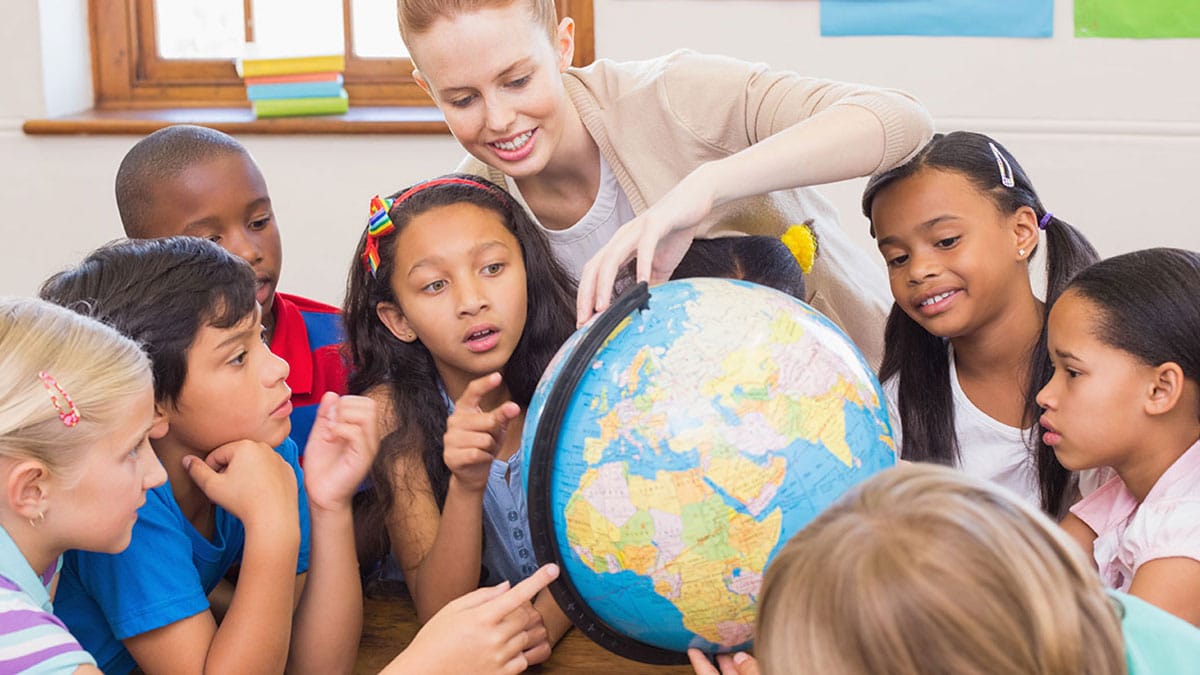
The importance of Cultural Leadership
Today, when the cultures of the world blend and develop, understanding cultural diversity and respecting cultural diversity have become the common understanding of people all over the world. Even so, only a few people have cultural leadership. Most people only understand the most basic ability of cultural exchange and communication, and a small percentage of people have empathy, not to mention leadership.
How to Cultivate Cultural Leadership?
So, how to cultivate students’ cultural leadership? ICAP can give you the best answer. The 16-week continuous training course starts from trust and connection to understanding the other, to the establishment of world outlook, and finally to becoming the leader. It is closely linked and gradual. What children learn is not only the communication between cultures but also, more importantly, a kind of ability and a kind of skill, so that they can take their time and become leaders of community culture when facing more complicated communication environment in the future.
What are the contents of the program?
Learn to listen
ICAP places great emphasis on children to be good listeners. Learning to listen to other people’s opinions and expressing their opinions at the right time is a process of respecting others’ opinions and continuously improving their own opinions from others’ viewpoints. For example, in ICAP, there are activities like sharing name stories. Let the children study and share the story behind the name, check the origin of the name on the internet, and tell at least one interesting fact found during the name investigation. Learning to listen to other people’s stories not only brings children closer to their friends but also helps them to understand the culture behind their names and the importance of understanding diversified cultures.
Learn cooperation and teamwork
Teamwork is the foundation of program learning. In a team, each person’s role is different, and if there is a leader, there must be a follower. ICAP’s activities are almost all based on the form of group activities, positioning roles in the group, cooperating with the group members, and recognizing the importance of unity. For example, there are also two important concepts in the activity: bullying and belonging to let children experience feelings of separation and exclusion.
Public speaking
In fact, most people have more or less stage fright when speaking in public. Encourage children more, create more opportunities for them to speak, and tell them that even if they can’t do it well, it’s not a big deal. Everyone will have stage fright, constantly help children build self-confidence, and believe that children will make continuous progress. A good leader must be a good speaker.
ICAP emphasizes the training of children’s ability to make public speeches. It not only trains their psychological quality but also hopes that children can express their opinions bravely. In ICAP, there is a “Culture Stories” game. Children from different cultural backgrounds use one word or sentence to compile a complete story together. In the process, students learn to listen, understand and cooperate in groups.
“what if” activities
In addition, we have also prepared “what if” activities to guide students to think through a large number of questions. Questions similar to “if a person has red shiny sneakers” so that students can sum up differences and learn to accept differences.
Of course, becoming a cultural leader requires not only these, but also the ability to control emotions, a strong sense of responsibility, and etc. These are all included in ICAP’s 16 courses. A complete training course, looking forward to children’s growth from inside to outside!
Share this Post

